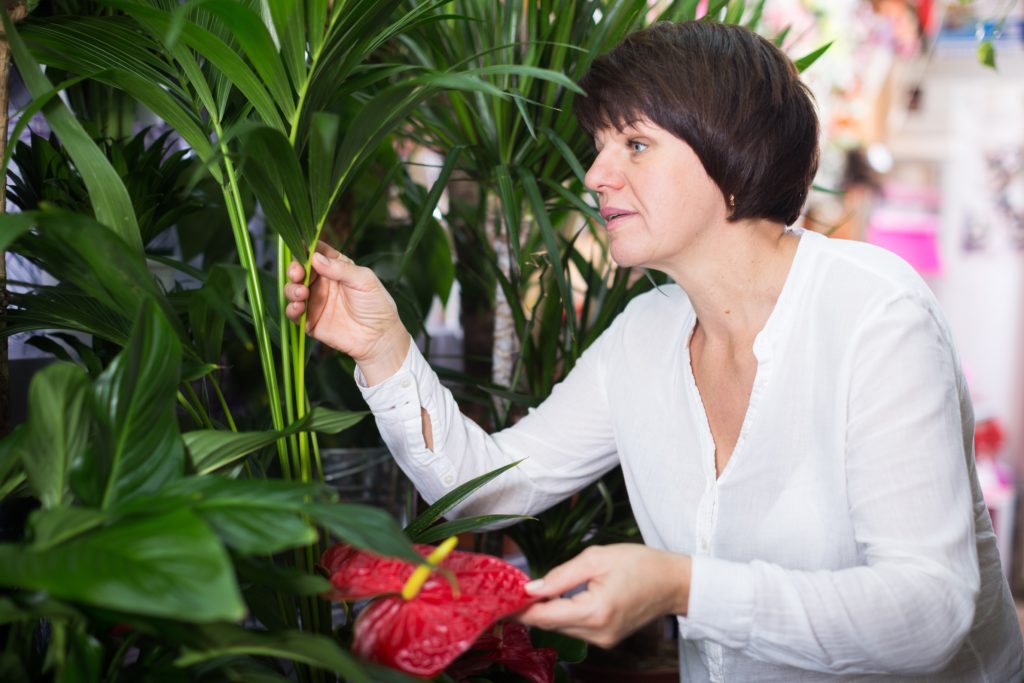
Study: plants do not like touching
Indoor plants are not only popular eye-catcher, they also provide a better indoor climate and filter pollutants from the air. Many plant lovers and flower enthusiasts deal with a lot of love and energy to the plant-based roommate. Many people make a frequent, but serious errors in the handling with the plants. Because of this it does not like to be touched. Constant touching can harm the health of the Plant and in the growth of affect. This was recognised by Australian Researchers in a recent study.
Owners of a room or garden plants pick and pluck to your plants. You should have been better, suggests an Australian team of researchers at La Trobe University in Melbourne. Plants take in touch by means of people, animals, even by conspecifics and other plants, proven damage to health. Fundamental genetic changes in the Plant that are triggered by the touch. The researchers published their study findings recently in “the Plant Journal”.

Touch unwanted!
“The lightest touch of humans, animals, insects, or even plants that touch the Wind, solves a wide genre of action in the Plant aus“, Professor Whelan reported in a press release announcing the study results. Within 30 minutes of touching off a chain reaction in the Plant initiate, the change of about 10 percent of the entire genome. This is associated with an enormous expenditure of energy, which was then for growth and flowering. According to the study, repeated taps lead to a 30 percent reduced plant growth.
Reasons still unclear
“We do not yet know why plants respond so strongly to your touch,” adds study Co-author Dr. Yan Wang. The researchers hold the strong reaction to a genetic defense mechanism. This would open up many new fields of research, because these findings could lead to new approaches and improvements in arable farming and vegetable growing.
You can distinguish a Plant between friend and enemy?
“We know that when an insect lands on a Plant, genes are activated to prepare the Plant, against the to be Eaten to wehren“, according to Dr. Yang. However, there are also insects that benefit the plants. According to Professor Whelan it is with this knowledge, possible to identify less touch-sensitive plant varieties and breed.
Touch-insensitive plants to provide more information
“Because we do not understand why plants show such a strong defensive reaction to touch, we must first understand what could be some of the consequences will be if we have less touch-sensitive varieties, breed wollen“, the Professor emphasized. There is also the danger that the Plant is a lack of important defense mechanisms, and you will be more prone to diseases. (vb)